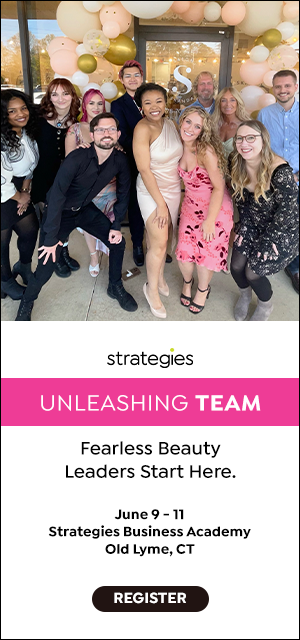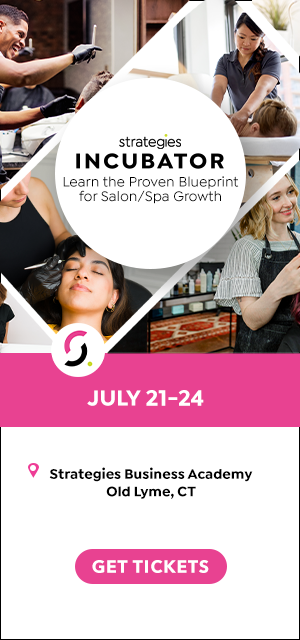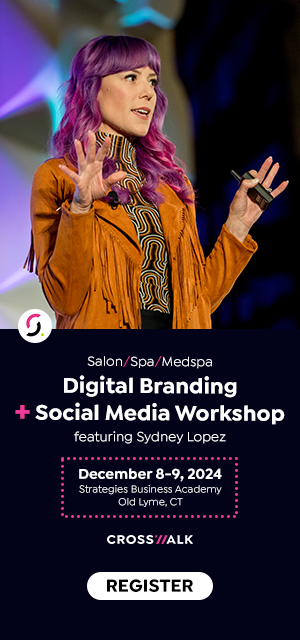To build a company that endures
 Imagine a business law that stated, "If you start a company, it must endure for generations." As an entrepreneur myself, I must admit that when starting a company, even Strategies, the last thing on my mind was designing it to endure for generations. The sense of urgency is to get the doors open, start generating cash and push through the crazy, exciting and scary start-up phase. When you bet everything you have on the vision of your new company, your attention is on the here and now - not on what your company should look like long after you're gone. But what if it was mandatory that you build a company to endure for generations? How would that change your thinking?
Imagine a business law that stated, "If you start a company, it must endure for generations." As an entrepreneur myself, I must admit that when starting a company, even Strategies, the last thing on my mind was designing it to endure for generations. The sense of urgency is to get the doors open, start generating cash and push through the crazy, exciting and scary start-up phase. When you bet everything you have on the vision of your new company, your attention is on the here and now - not on what your company should look like long after you're gone. But what if it was mandatory that you build a company to endure for generations? How would that change your thinking?Entrepreneurial businesses are born with a fatal flaw. They are the manifestation of their founders. As such, the separation between the founder and the company is blurred. Founder and company are one and the same. However, under the right conditions and a little bit of luck, the company can grow beyond the emotional bonds of its founder. The fatal flaw is that most start-up companies not only grow and mature with their founders - they age and die with their founders.
Is your company designed to endure for generations? Probably not. Few entrepreneurs think that far ahead. But if a law existed that required you to think far enough ahead to design your company to endure for generations, what would you do differently now?
Here are some no-compromise strategies to shift your thinking so that your company can endure for generations:
- Your company is not on the same lifeline as you: You can retire one day and kick back. Your company cannot retire. Your priorities often change as you age; personal time becomes more important and precious. A company's priorities also change but in a different way. A company needs to adapt, evolve and reinvent itself to remain competitive. A company doesn't want to stop growing. It wants to get bigger, and bigger means more complexity. When your company is stuck on your lifeline, it's going to die with you. Allow your company to live its life and evolve so that you can live yours.
- Control freaks and egos: Apple's Steve Jobs was a control freak and had a massively brutal ego that channeled this obsession for perfection at developing innovative, amazing products. But he was also obsessed with growing an enduring company that would live on and do great things after he was gone. Good or bad, control freak and ego are part of the entrepreneurial spirit. When channeled in the right direction, these traits can propel a company to greatness. Likewise, these traits can sap the energy out of a company and create a toxic and demoralized culture. A company cannot endure for generations if the leader can't let go of some of the controls and keep his or her ego in check.
- You're an employee too: You may be the ultimate decision maker, but you're also an employee of the company. Your job is to serve the company. As stockholder, your reward is profit and equity growth. By keeping an "employee" perspective, you maintain that necessary degree of separation between you and "the company." It keeps entitlement behavior under control. For example, it keeps you from using the company checkbook as your personal checkbook. This is a subtle but crucial mode of thinking that will help build a company capable of enduring for generations. It's difficult to gain respect as leader when you make it obvious that you play by different rules.
- Excel and supplement: If you're a "big picture" thinker and stink at managing the details, you're not alone. If you love doing the "work" of the business and find the business stuff and numbers boring or too complicated, you're not alone. If you hate confrontation and holding others accountable, you're not alone. Few leaders are the complete package. In fact, those who do seem to be a complete package, in most cases, aren't. They simply push hard in their areas of strength and supplement with the right talent in areas where they are weak. You can't build an enduring company by ignoring aspects of your company that don't interest you or that are too far outside of your natural strengths.
- Ban mediocrity: Accepting mediocrity in your performance or anywhere in your company is pure compromise. I view mediocrity as an affliction that leaders enable. Leaders set the standard, pace and culture of a company. If mediocrity is tolerated, it spreads like wildfire. OK is not good enough. Average is getting by. Great companies that outlive their founders have excellence as a core value.
It takes time to wrap your head around the concept of building an enduring company. The concept alone forces you to change your thinking and perspective as an entrepreneur and founder. It makes you a better leader.
- - - - - - - - -
Please share your thoughts with me about today’s Monday Morning Wake-Up. Click below to comment.
Neil Ducoff, Founder & CEO of Strategies and author of No-Compromise Leadership
Pass this e-mail on to your business colleagues, managers and friends. They’ll appreciate it.








Comments
No comments found. Start the conversation!
Leave a Comment